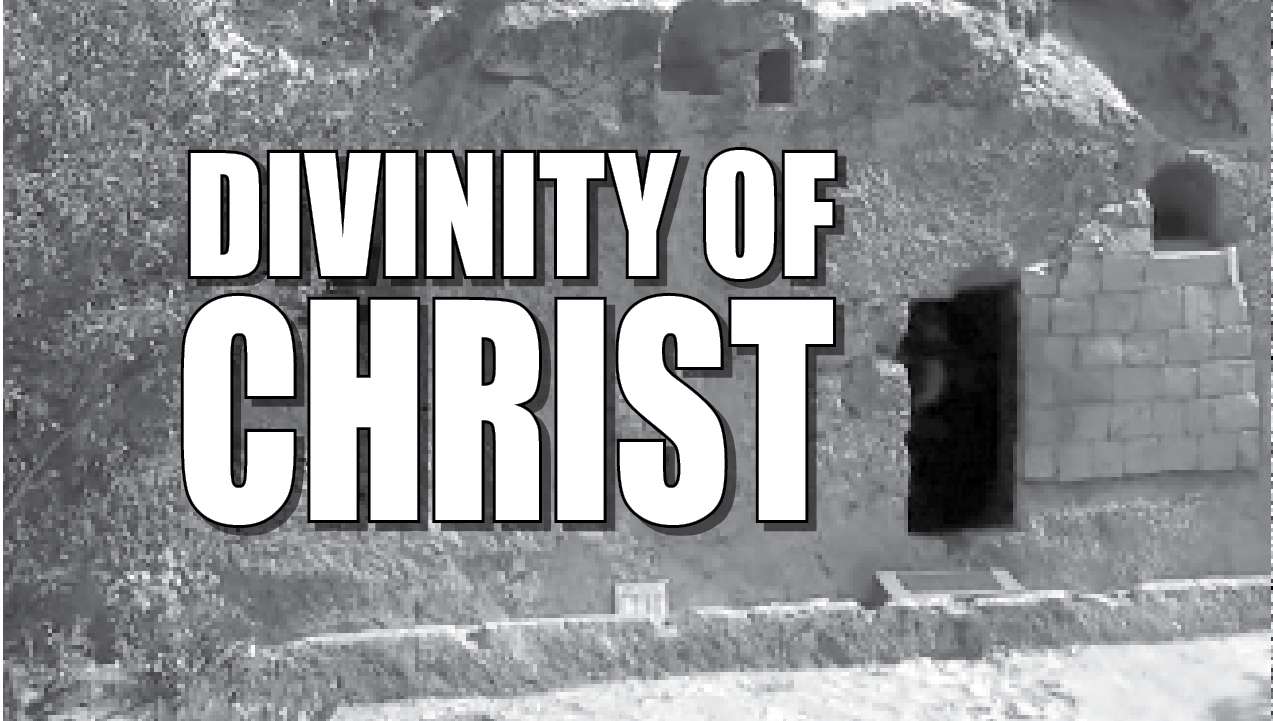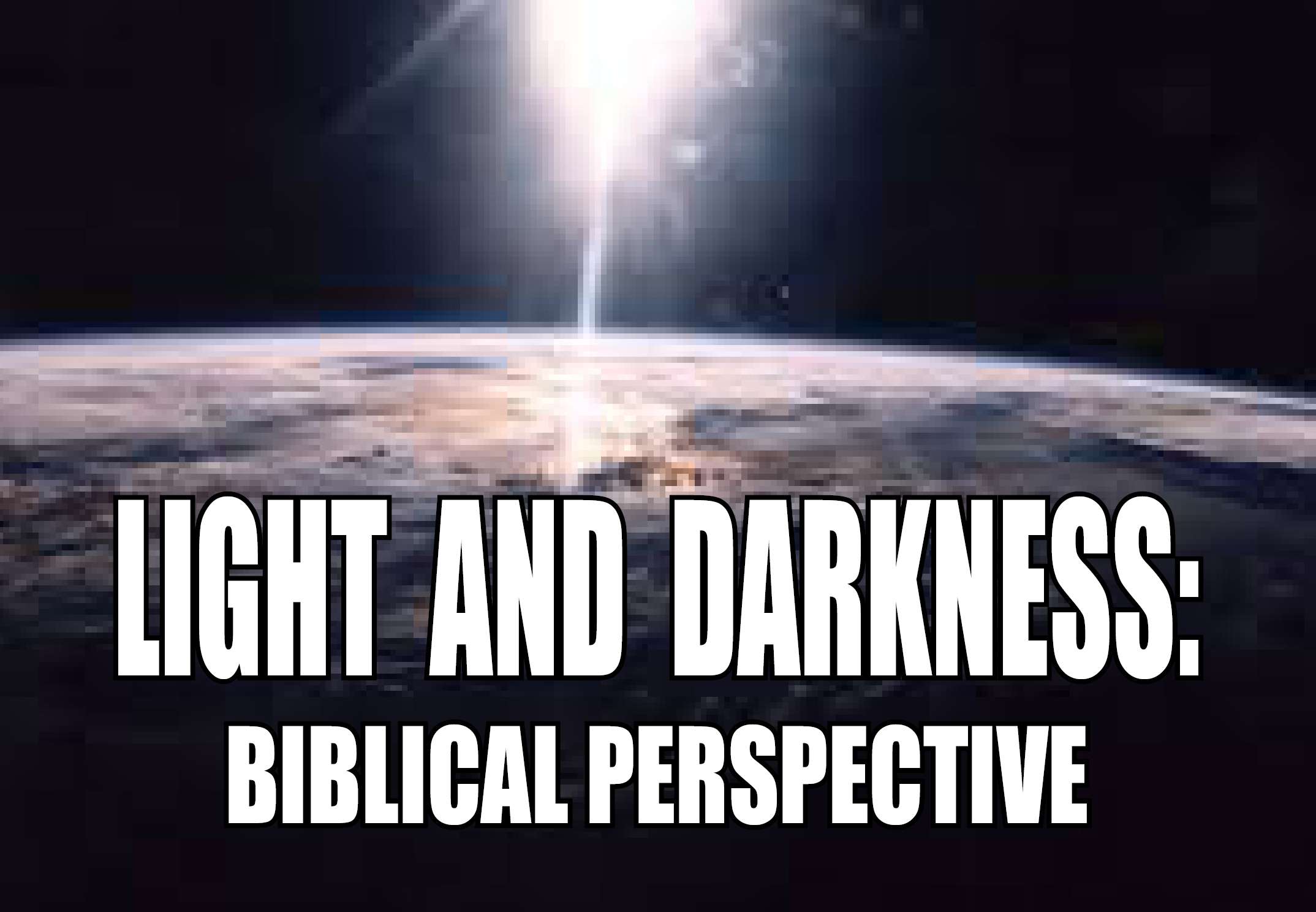

Divinity of Christ
Pr. K. A. John
During the early centuries of the church there were groups that denied the true humanity of Christ. But reverse is the emphasis today. In the past two hundred years liberal theology has vigorously expressed a denial of Christ’s deity.
The scriptures are replete with the personal claims of Christ as well as the testimony of others concerning his deity. The Bible teaches that Jesus is eternal (Jn. 1:1), omnipresent (Matt 28:20), omniscient (Jn.5: 25, 4: 18, 16:30), omnipotent (Matt.28: 18), and immutable (Heb.13: 8).
Gnostics believed that Jesus' divinity had a beginning; Jesus was a man into whom the spirit of God came at his baptism and that spirit remained with him through out his life until the end. But since the spirit of God could never suffer and die, it left him before he was crucified. The Scripture says his humanity has a beginning, but his divinity has no beginning. In eternity Christ was with the Father. There was not a time in eternity when he was not. He was there before time. Eternity is the prerogative of God. Since Jesus is from eternity, he is God. Space and time are the creations of God. Even when they cease to exist Christ will continue to exist.
Jesus claimed to be the Son of God on a number of occasions. This name for Christ is frequently misunderstood. Some suggest it means the Son is inferior to the Father. The Jews, however, understood the claim Christ was making. by saying he was the Son of God the Jews said he was making himself equal with God (Jn. 5:19, 10:33). Jesus in no way refuted these claims. It is the divinity of Jesus Christ that the phrase, 'Son of God' expresses. Jesus is called the Son of God by the heavenly voice at his baptism (Mk.1: 11) and at his transfiguration (Mk.9: 7). The temptations that came against Jesus were on the belief that Jesus is the Son of God (Matt.3: 11). Demons recognize him as the Son of God (Mk.5: 7).
Recognition by the demons was immediate and direct. It was not grounded upon observation and interpretation of Jesus’ words or deeds. It was not acquired, inferential knowledge; it was rather intuitive recognition of a supernatural kind. The high priest challenges him with the question of whether he is the Son of the Blessed (Mk.14: 61).
Here it is obvious that God, demons and men acknowledged Jesus as the Son of God.
Jesus is worthy of receiving our worship. It is a fundamental truth of the scripture that only God is to be worshipped (Deut. 6:13, 10:20; Matt.4: 10, Acts10: 25-26). The fact that Jesus receives the worship of people is strong attestation to his deity. In John 5:23 Jesus said that he was to be accorded honor and reverence just as people honor the Father. If Jesus were not God, this statement would be utterly blasphemous. The blind man who had been healed by Jesus worshipped him (Jn. 9:38). That Jesus did not reject the man’s worship indicates he is God. In II Timothy 4: 18 Paul refers to Jesus as Lord and ascribes glory to him. Glory refers to the Shekinah of God and pertains only to deity. In the benediction of II Corinthians 13:14 the blessing of the Triune God is accorded to the believer. The manner of the benediction suggests the equality of the persons (Trinity).
Christ is absolutely equal with the father in his person and his work. To affirm that Christ is God is not simply to suggest he is Godlike. What Bible teaches is not merely that God acted in Jesus, even if the action was decisive and conclusive. This would leave only a difference of degree and not of kind. For such men who served as instruments of God’s action in history the descriptive category is ‘man of God’, and the paradigm is Moses (Deut.33:1). But Christ is more than the man of God; he is the Son of God. His relation to God is more than functional, it is ontological (being equal with God). There is more than divine action in him; he is the divine being.
Things, which are in the Old Testament said of Jehovah, are in the New Testament said of Christ. Old Testament offers excellent example of the use of the formula ‘I am’. One of the ways Jehovah revealed his nature to the people was through the revelation of his name ‘I am’ (Ex.3: 14, 6:6, 7, 7:5) In John’s Gospel Jesus appears in the same significant formula of ‘I am’ (Jn.6: 20, 18:5, 6:35, 8:12). Jesus spoke in the same manner in which Yahweh spoke in the Old Testament. John draws attention to the implication of divinity on the use of ‘I am’ by Jesus. After the use in 8:58 the Jews try to stone Jesus and after the use in 18:5 those who heard it fell to the ground. In calling himself ‘I am’Jesus affirms himself to be God and the full realization of what Yahweh had promised to Israel in the revelation of his name. Jesus as Son of God came from heaven to do his mission on earth. He manifested himself to the world as the self-revelatory formula of
‘I am’ just like Yahweh in the Old Testament. B.B. Warfield rightly says, "He declares, in the most express manner possible, to be all that God is, to possess the whole fullness of attributes which make God, God."
Attack on the deity of Jesus Christ is an attack on the core of Christianity. Take away from Christ what is divine then no more does Christ remain. At the heart of orthodox belief is the recognition that Christ died a substitutionary death to provide salvation for a lost humanity. If Jesus were only a man He could not have died to save the world. But because of deity, his death had infinite value whereby he could die for the entire world.
Jesus’ question ‘who do people say the son of man is?’ is the question of human history. To the people Jesus speaks of himself in the third person while to his disciples he refers to himself in a personal relationship in the first person. ‘But who do you say that I am?’ (Matt.16: 13-17). So for Jesus the view of those who had put their trust in him was more important than the opinion of all the leaders of the world. He is the ultimate revelation of God. He is not only ontologically equal to God but also superior in all ways to every other religious figure.






